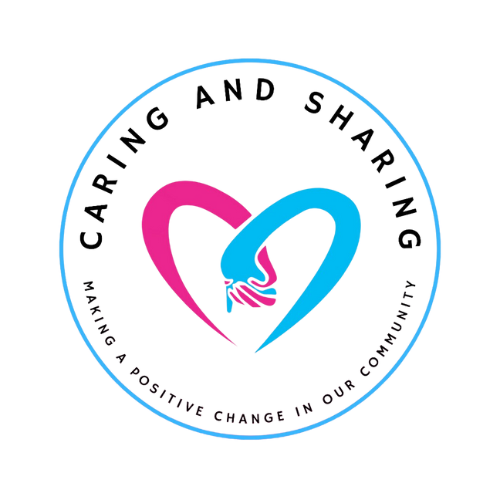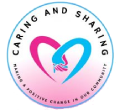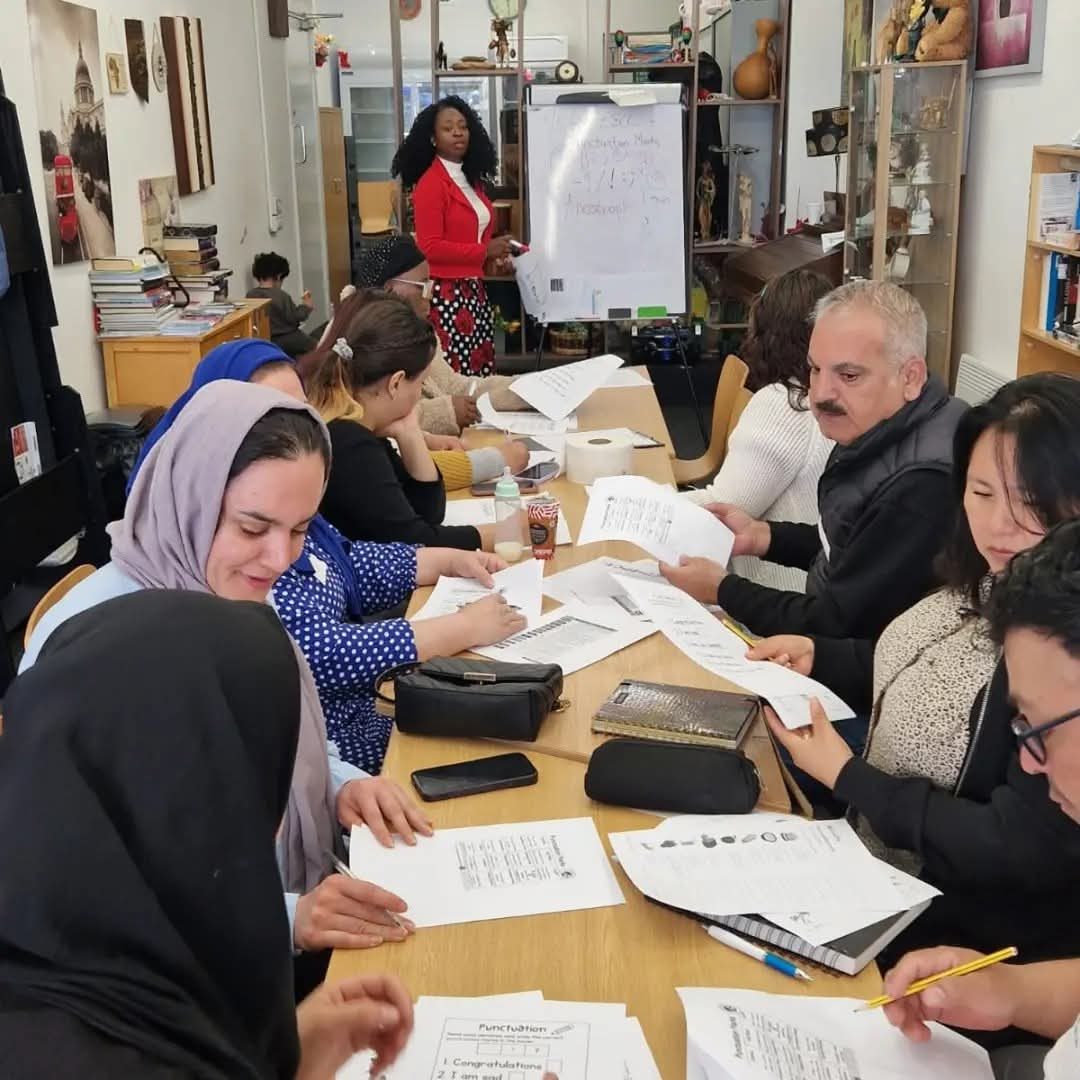From Fear to Freedom: The Hidden Challenges Faced by Survivors of Domestic Abuse and Exploitation in Rochdale
When people talk about “starting over”, it often sounds inspiring, like a clean slate, a fresh chapter, a moment of empowerment. But for many survivors of domestic abuse and exploitation, especially those with uncertain immigration status, starting over isn’t just difficult, it’s dangerous, confusing, and deeply isolating.
At Caring and Sharing, we see this reality every week in our Immigration Drop-In Support Sessions. Women (and men too) show up carrying invisible scars. Some have fled violent partners. Others have escaped forced labour or trafficking rings. And nearly all of them are navigating a system that, frankly, doesn’t always know how to care for them properly.
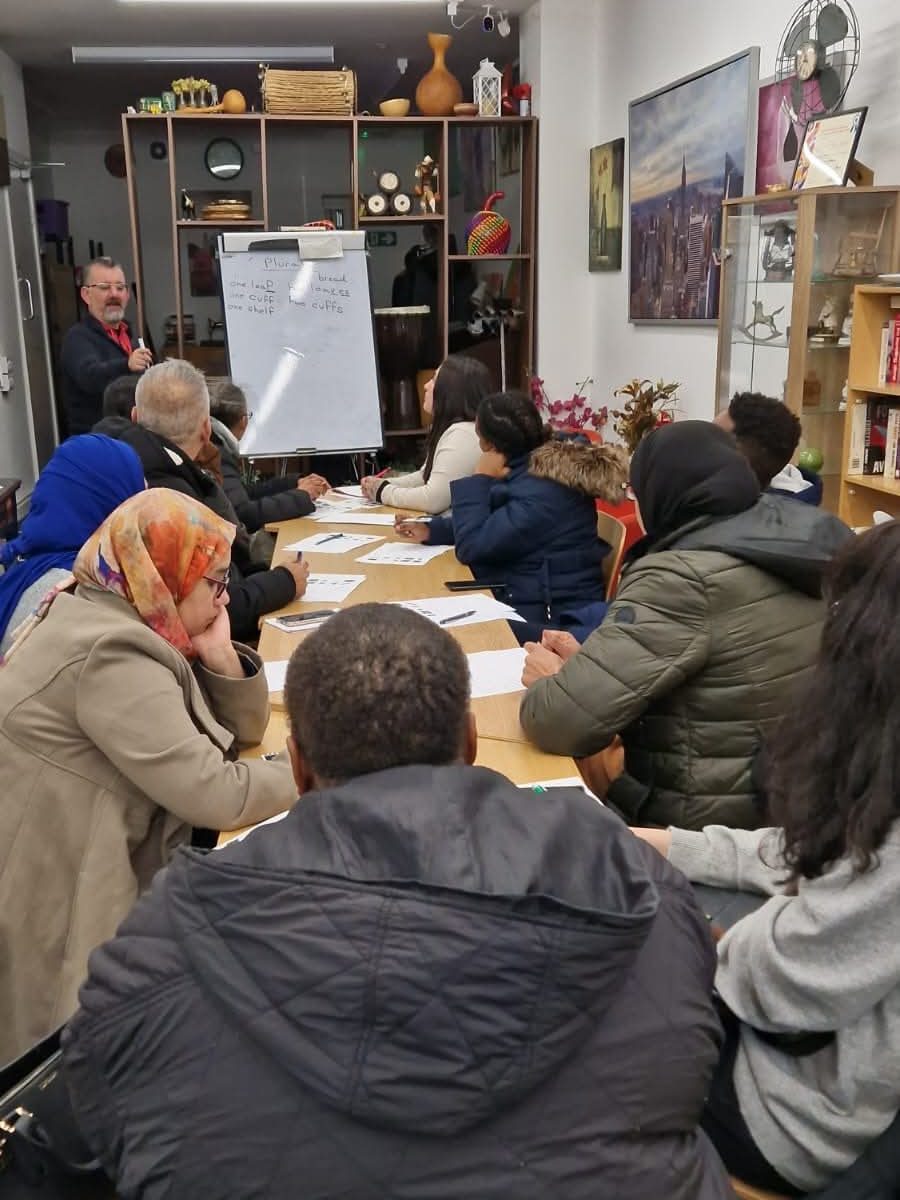
When Safety Comes at a Cost
One of the cruelest ironies for survivors with insecure immigration status is that seeking safety can actually put them at further risk. Imagine finally finding the strength to leave a harmful situation, only to realise that:
- You might have no legal right to public funds.
- You could be facing deportation because your visa is tied to your abuser.
- You’re being told by authorities that your experience is “complicated” or “not urgent enough”.
- You don’t know who to trust, or even what your rights are.
That’s not freedom. That’s fear in a new form.
And let’s not forget language barriers, cultural stigma, and the very real threat of retribution from traffickers or abusive partners. Survivors often live in silence because speaking up feels like stepping into even more uncertainty.
“But why didn’t they leave sooner?”
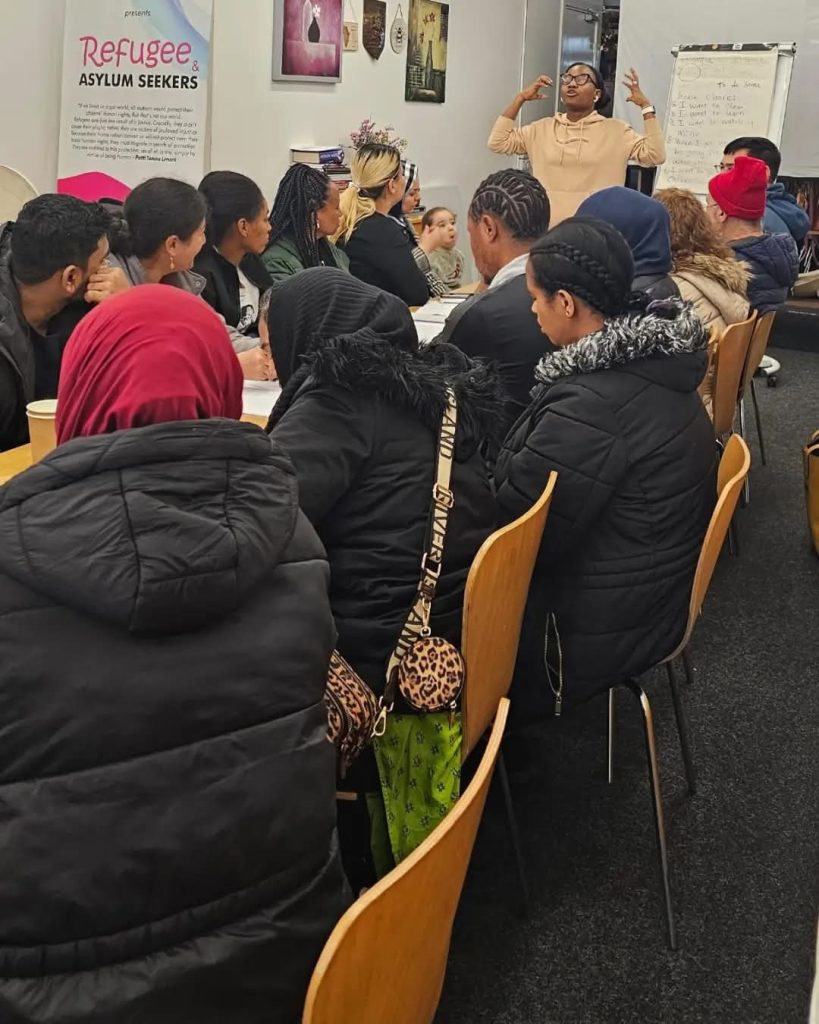
We hear this question far too often. The truth? It’s not that simple. Many survivors we support have been strategically isolated — cut off from friends, family, finances, or even their passports. They’ve been told lies about what will happen if they reach out for help: “They’ll arrest you”, “They’ll take your children”, “You’ll be deported”.
So when someone finally does walk through our doors, we don’t take that lightly. It takes unimaginable bravery to speak up, especially when you’ve been made to believe your voice doesn’t matter.
The Rochdale Reality
In Rochdale, the challenges faced by survivors are compounded by systemic barriers. The Rochdale Borough Domestic Abuse Needs Assessment highlights that domestic abuse is a gender-biased crime, with 91% of high-risk cases referred to the Independent Domestic Violence Advisor (IDVA) service being female. Additionally, 59% of these cases involved individuals under the age of 35 .
Furthermore, the Rochdale Borough Council’s Domestic Abuse Strategy acknowledges the disproportionate impact of domestic abuse on women from ethnic minority backgrounds, particularly those with insecure immigration status. These individuals often face additional hurdles in accessing support services due to language barriers, cultural stigmas, and fear of deportation .
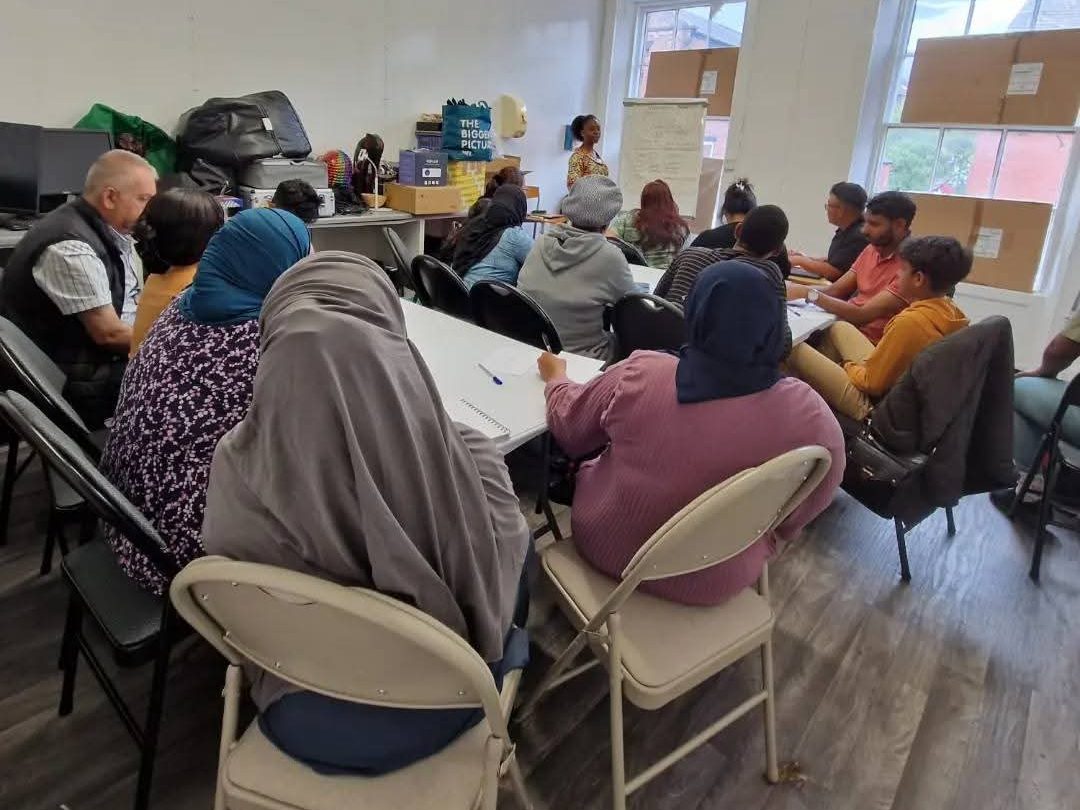
What Freedom Actually Looks Like
Freedom, in our world, starts small.
It looks like a confidential conversation with one of our trusted partners from Greater Manchester Immigration Aid Unit (GMIAU), where someone learns, often for the first time, that they have rights, not just needs.
It looks like connecting a survivor to emergency housing that doesn’t ask invasive questions or make them feel “less than” for needing help.
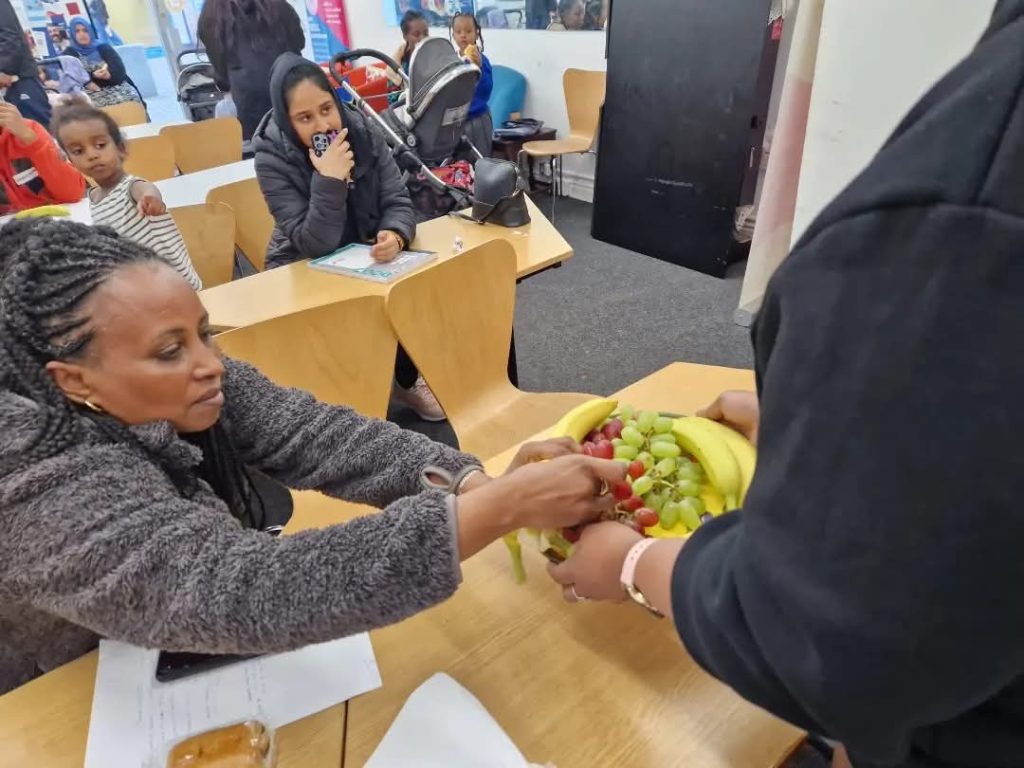
It looks like walking someone through the Domestic Violence Rule or the National Referral Mechanism, explaining in plain language how to get the protection they deserve.
And it looks like sitting side-by-side with someone, not across a desk, while they reclaim their power, their story, and their future.
No One Should Have to Choose Between Safety and Status
Let’s be clear: surviving abuse or exploitation should not disqualify anyone from safety, dignity, or justice. But the system doesn’t always get that. That’s why community organisations like ours are essential. We show up in the gaps. We help people feel seen. And we work with partners who understand that legal advice is only one part of the healing process.
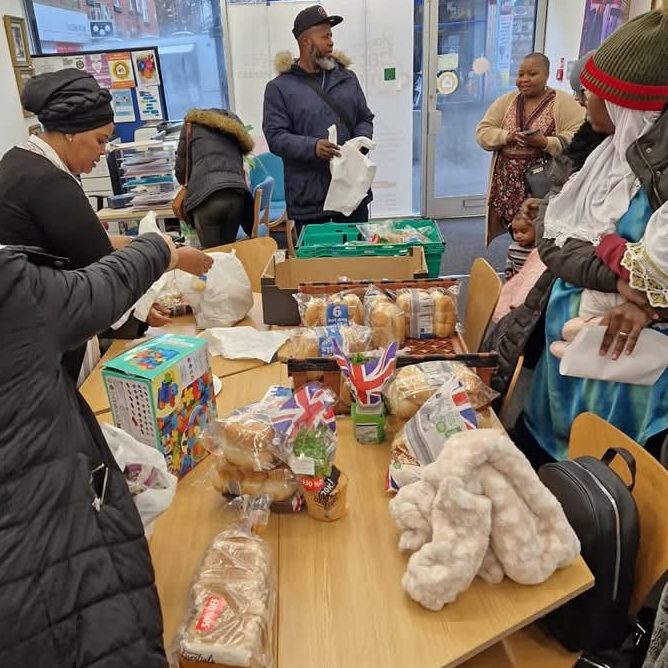
We Believe You. We’re With You.
If you’re someone reading this who is feeling trapped or unsure, please know this: you are not alone. There are people who will believe you. Who will advocate for you. Who will sit with you in the hard moments and walk with you toward something better.
And if you’re someone with the power to help; as a volunteer, a donor, a professional, or just a compassionate neighbour, your role matters too. Because every voice raised in support of survivors chips away at a system that has too often failed them.
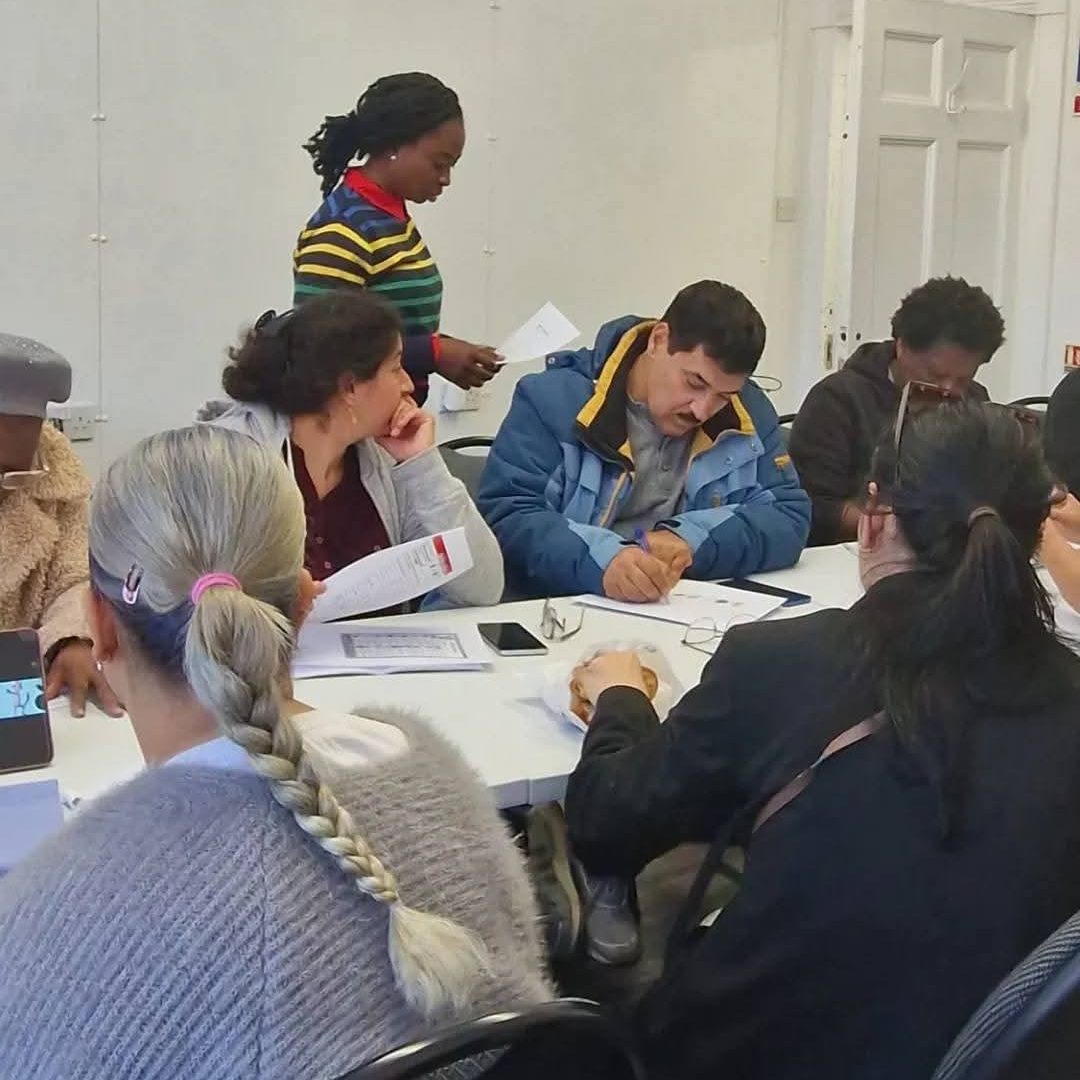
This work isn’t easy. But it’s necessary. And every time someone walks from fear into freedom, even just a few steps forward, we’re reminded why we do it.
Let’s keep making space for freedom to be more than just a dream. Let’s make it real.
